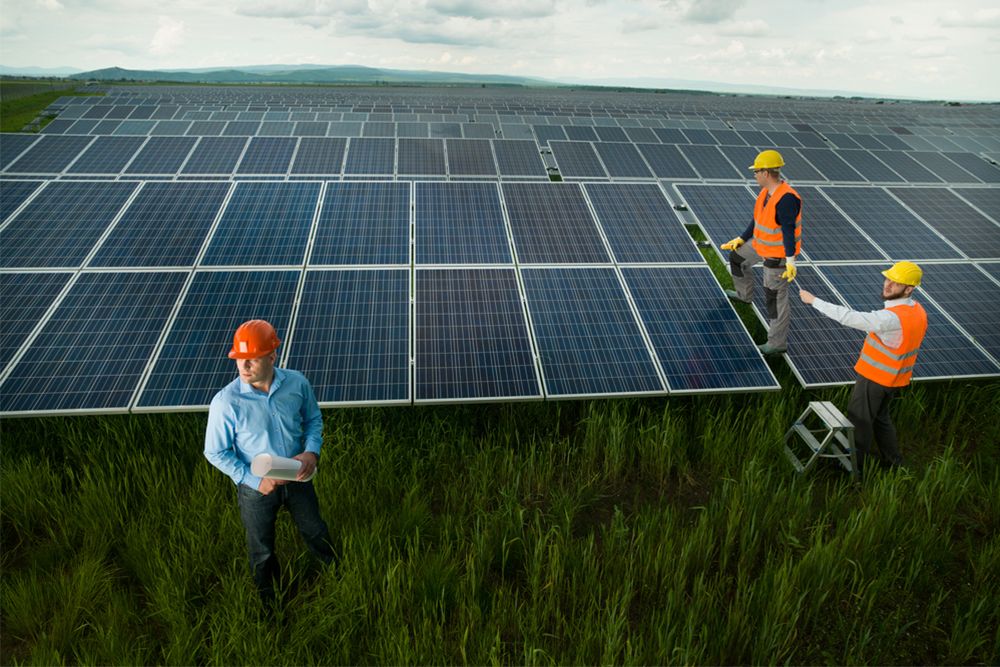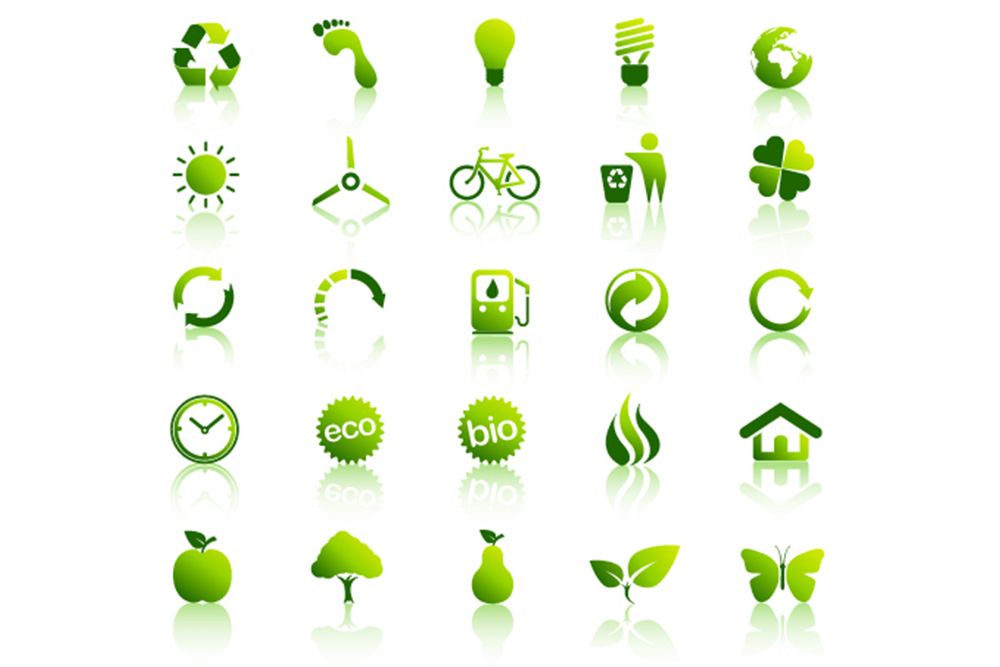
Alternative Energy
The world is continuously producing and releasing greenhouse gases into the earth’s atmosphere, which is causing the overall temperature of the planet to rise. With alternative energy sources that perform equally and sometimes better than traditional sources, without emitting harmful greenhouse gases, we will be able to substitute and “retrofit” the way we obtain energy.
Alternative energy refers to energy sources that do not produce unwanted effects, are renewable, are believed to be “free” energy sources, and emit less carbon emissions than traditional energy sources. Alternative energy sources include biomass energy, wind energy, solar energy, geothermal energy, and hydroelectric energy. According to the U.S. Energy Information Administration, about 5% of the electricity produced in 2012 nationwide came from renewable sources.
For Members: Email Team@USGreenChamber.com to learn more about accessing these toolkits.

Energy Toolkit
Alternative energy systems offer a sustainable path towards energy security and economic development for nations around the world, while also addressing the issue of climate change and reducing local air pollution. Alternative energy balances and enhances conventional energy systems to provide reliable and affordable electric power to businesses and households alike. Although alternative energy is playing a larger role now than it did 10 years ago, it still is not enough to combat the rates of climate change, population growth, and fossil fuel depletion.
